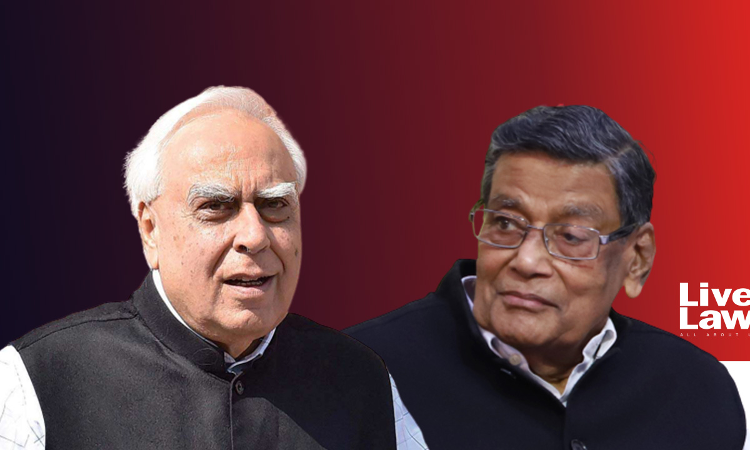AG K.K. Venugopal Refuses Consent To Initiate Contempt Proceedings Against Sr. Adv. Kapil Sibal
Padmakshi Sharma
2 Sept 2022 6:08 PM IST

Next Story
2 Sept 2022 6:08 PM IST
Attorney General K.K. Venugopal has declined Adv. Vineet Jindal's request for consent to initiate proceedings for Criminal Contempt of Court against Senior Advocate and Rajya Sabha MP Kapil Sibal. The request to initiate proceedings for Criminal Contempt of Court was filed after Sr. Adv. Kapil Sibal, while expressing anguish at some judgments of the Supreme Court, said that he had "no hope...
